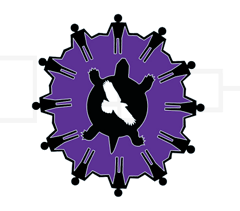Abstract
Objectives: Past research conducted with Alaska Native communities involved researchers entering the community to gather data then leaving with that data never being returned or presented or the researchers to be heard from again. The communities were not made aware of the findings, how the data was used, or where the information was published. This method of research resulted in significant mistrust of researchers by tribal communities. This article will briefly describe the context and history of research with Alaska Native people; provide an overview of the complex approval process for research through two case studies; highlight the relevant principles of Community-Based Participatory Research (CBPR) when working with tribal communities; and our own experiences with the tribal approval process.
Methods: Using a case study format, the authors provide a guide to the complex approval process in working with tribal communities and the relevance of Community-Based Participatory Research (CBPR). This is based on their experiences with the approval processes in a dissertation study and a community-based Elder Needs Assessment project.
Results and Conclusions: Drawing from their personal experiences and understanding of the tribal approval process, the authors discuss the benefits and challenges associated with conducting research with tribal communities in rural Alaska. They also provide recommendations for future researchers on how to work effectively with tribal communities, from entry into the community through dissemination and publication of information.
Recommended Citation
Lewis, Jordan P. and Boyd, Keri
(2012)
"Determined by the Community: CBPR in Alaska Native Communities Building Local Control and Self-Determination,"
Journal of Indigenous Research: Vol. 1:
Iss.
2, Article 6.
DOI: https://doi.org/10.26077/9yam-v819
Available at:
https://digitalcommons.usu.edu/kicjir/vol1/iss2/6

